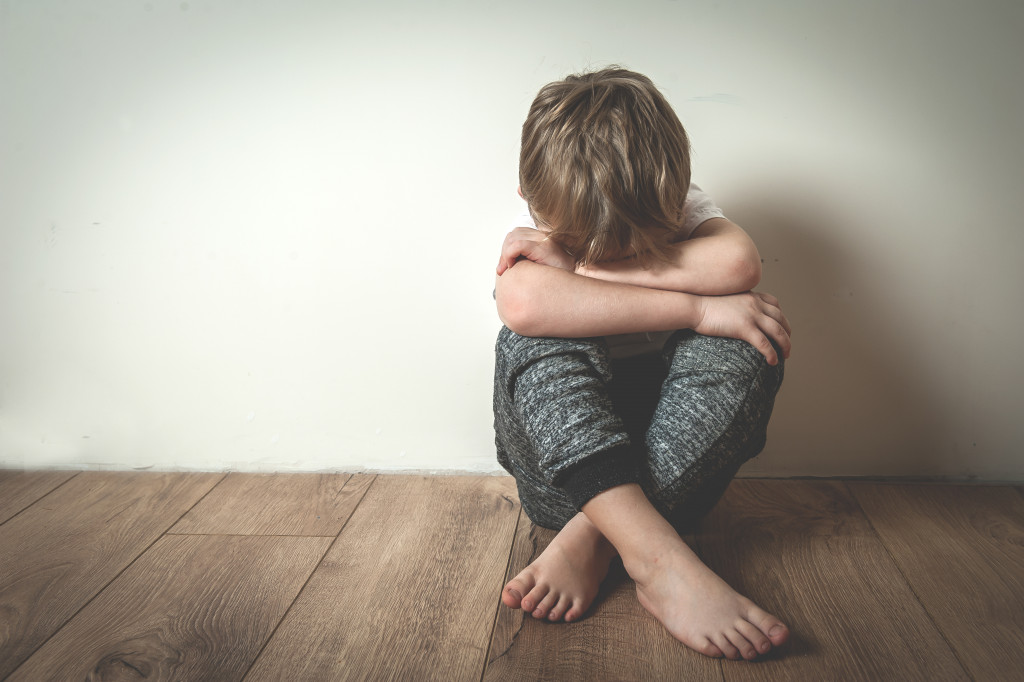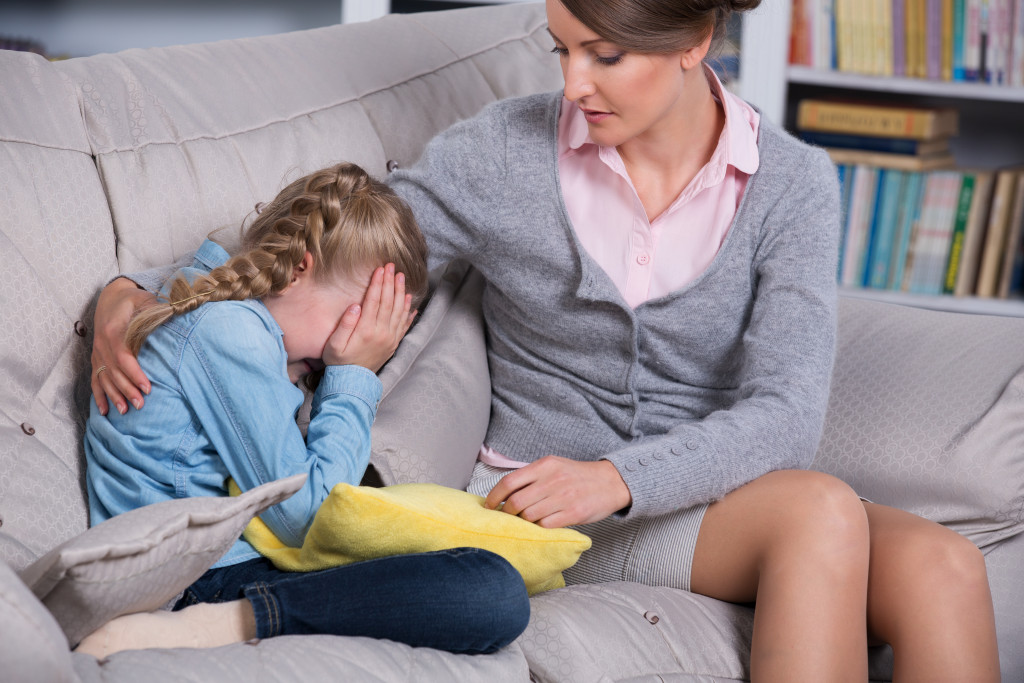Mental disorders are not a product of one’s imagination. They are real, and they can be debilitating. For example, anxiety disorders are the most common mental illness in the United States, affecting 40 million adults. And of those, social anxiety disorder is the third largest group.
It’s natural to feel a little anxious in social situations. After all, we’re putting ourselves out there and risking rejection. But for some people, social anxiety is so severe that it cripples their ability to live a full life. This article will talk about social anxiety, its symptoms, and the different ways social anxiety can affect your life.
What is Social Anxiety?
Social anxiety is more than just being a little nervous before a presentation. Intense fear of social situations can cause physical symptoms like sweating, trembling, and even heart palpitations. For some people, the thought of being in a social situation is so crippling that they will avoid it at all costs.
What are its Symptoms?
The symptoms of social anxiety can vary from person to person, but there are some common ones. People with social anxiety may:
- feel intense fear or dread about social situations
- experience physical symptoms like sweating, trembling, and heart palpitations
- avoid social situations at all costs
- have trouble speaking in front of groups
- fear being judged or ridiculed by others
- imagining unreal social situations where you can be publicly shamed
Having three or fewer of these symptoms can mean that you have social anxiety, but it’s not severe enough to be debilitating. However, having five or more of these symptoms means that your social anxiety is severe enough that it can cripple any relationships you might have.

Risk Factors
Much like any typical body disorder, certain factors can increase your risk of social anxiety. These include:
Family history
If you have a family member with social anxiety, you’re more likely to develop it yourself. However, psychologists are still unsure whether genetics or environmental factors play a role in it. For example, a family with a high prevalence of social anxiety won’t have many relationships with outsiders, which can also lead to isolation for the children.
Brain structure
People with social anxiety tend to have a sensitive amygdala, which is the part of the brain that controls fear. As a result, it can eventually lead to the person perceiving more threats than there are.
Personality
People who are shy or introverted are more likely to develop social anxiety. Introverted people avoid social situations because they’re uncomfortable with them. This avoidance can turn into a fear of social situations.
Negative experiences
If you’ve had negative experiences in social situations, you’re more likely to develop social anxiety. Rejections are the most common form of negative experience that can form social anxiety.
Treating Social Anxiety
Having social anxiety can affect every aspect of your life. For example, it can make it difficult to make friends, maintain relationships, and succeed in school or work. However, there are ways to treat it. First of which is therapy.
Therapy
Various therapy has shown success in treating social anxiety. The most common is cognitive-behavioral therapy, which helps you change how you think about social situations. It can help you become more confident and less anxious. It has also been known to rewire different parts of the brain, but studies regarding this are still quite a few.
Getting Into a Relationship
Being in a relationship can change a person, but people with social anxiety might have problems doing that. However, hiring a professional can make life easier for you. Getting a professional matchmaker to match you with someone who understands you is always rewarding. They can also match you with people who might have social anxiety so that they can understand your situation deeply with others. These relationships don’t always have to result in intimacy. You never know; they can be long-lasting friends you can have in the future.
Medication
When social anxiety gets worse, people usually resort to medication. The most common type is selective serotonin reuptake inhibitors (SSRIs), which increase serotonin levels in your brain. This can help with social anxiety because it calms you down and makes you less anxious.
Support Groups
Support groups are a great way to meet people with social anxiety and find support. It can also help you feel less alone because you know that other people like you are there. These groups usually have different activities that can help you ease into social situations. They can also provide helpful information about social anxiety and how to deal with it.
Social anxiety can be a complex disorder to live with, but there are treatments available that can help you manage it. With the proper treatment, you can start creating meaningful relationships, feel more confident about yourself, and live a life free of such fears.
